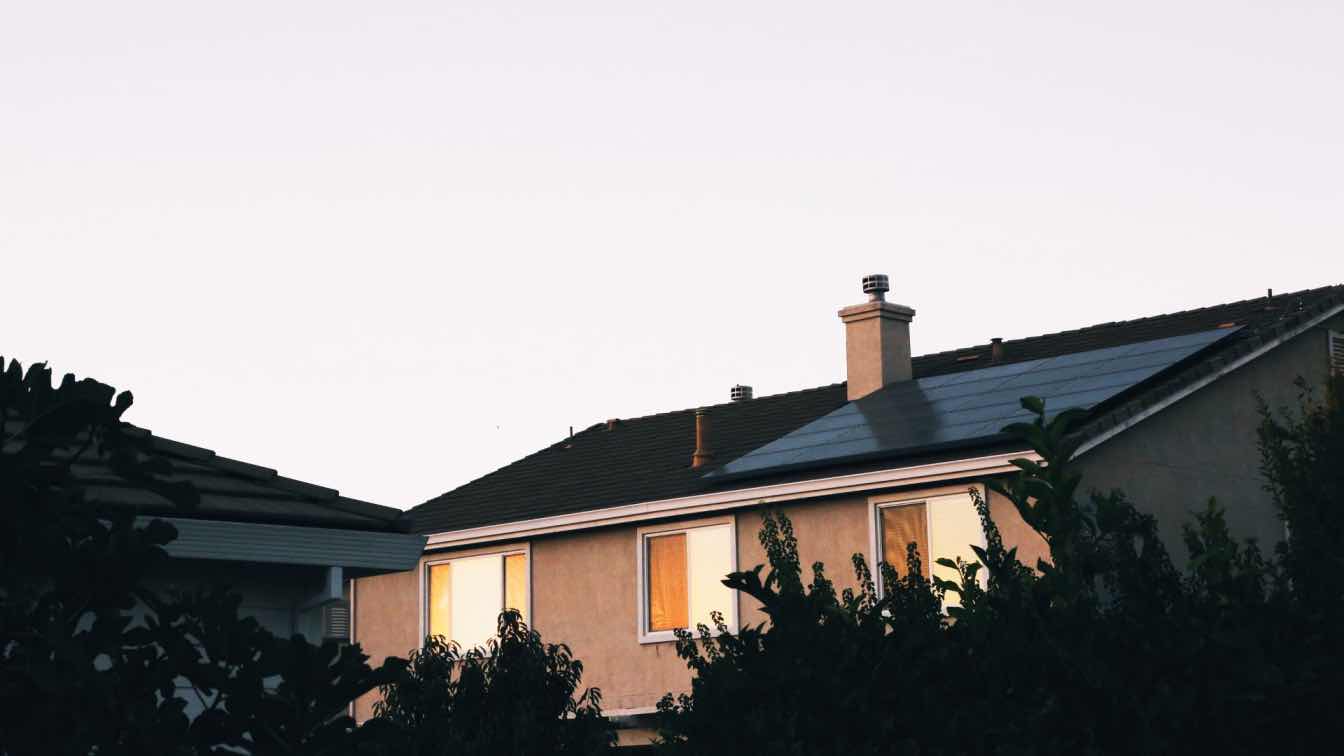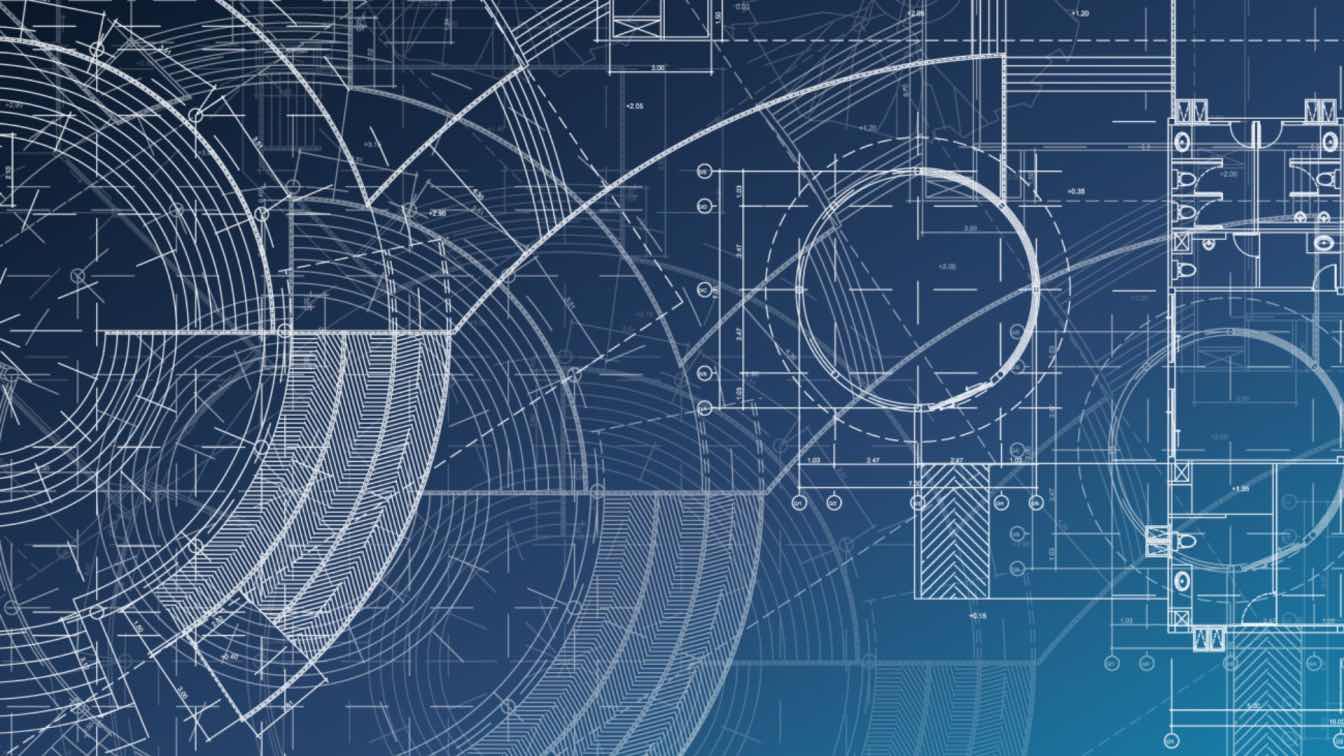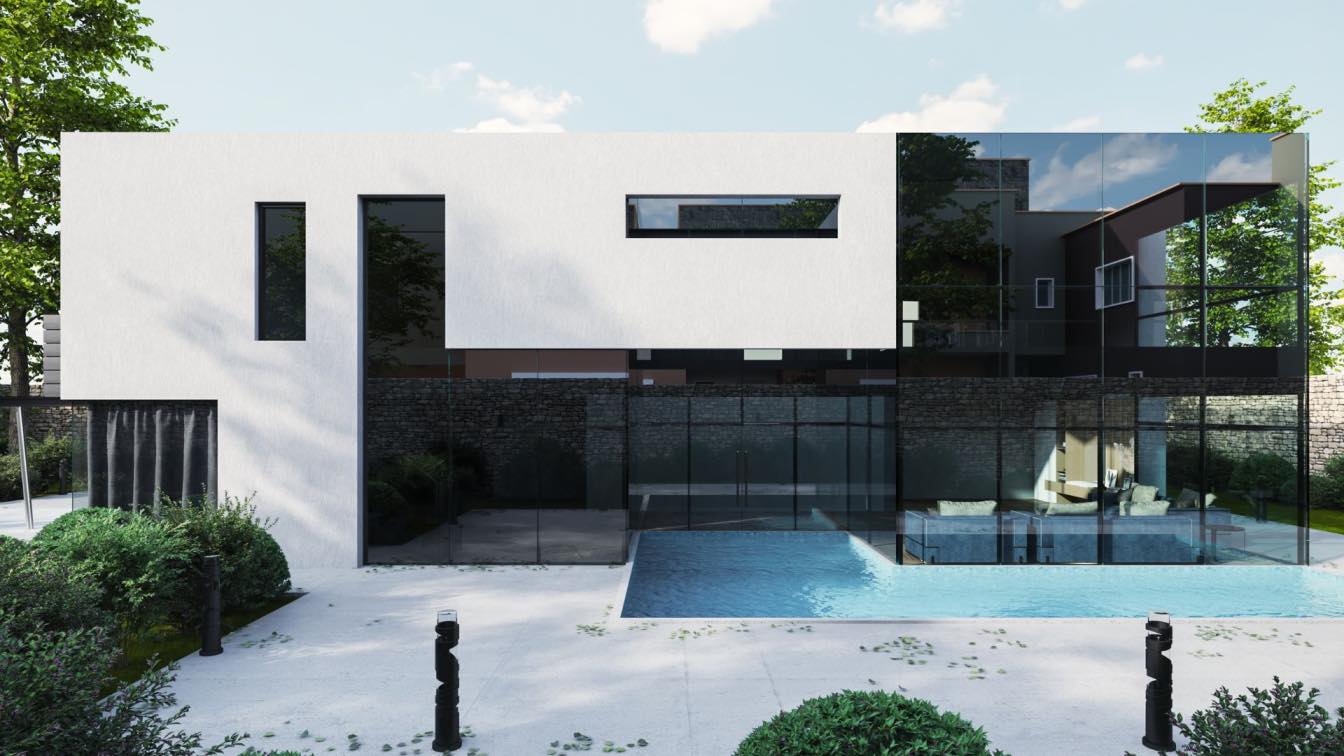Most homes in the United States are entirely reliant on main power grids. While this can be convenient for ensuring you’ll enjoy consistent power, it can be less convenient when that power grid has a fault. Natural weather events can wreak havoc on power supplies, seeing some people without power for days or even weeks. Situations like that may have you asking the question: Can a solar generator power the house? The answer is yes, but you also need to consider these crucial details:
Your Power Requirements
The average solar powered generator on the market is ordinarily suitable for temporary or long-term emergency power supplies, off-the-grid cabin living, and motorhomes. However, your power requirements can often determine whether a solar generator would be suitable as a permanent power supply for a house.
Evaluate your home’s power consumption over a period of days or months to determine an ‘average’ power consumption. Look at periods where you’d had high usage, such as when you’re using air conditioning in summer or running multiple appliances at once. This information might help you choose the right solar-powered generator to suit your home and family’s power needs.
Solar Generator Capacity
Once you know your average power usage, you can start exploring solar generators to match them. Pay close attention to each generator’s capacity in kilowatt-hours or kilowatts. This information can help you ensure they can generate enough energy for average and peak power use.
Sunlight Availability
As most people know, sunlight affects how much energy a solar generator is able to generate. Think about how many sunlight hours your property gets since this figure can impact your chosen solar generator’s overall efficiency. Every house is different based on its layout and neighboring structures.
Some regions in the United States also get far more sunshine hours than others, meaning a particular generator may generate enough power for one homeowner in one state but not for another homeowner in another state.
Panel Efficiency
Not all solar panels are made equal. They may all be designed to do the same job, but that doesn’t mean they have the same efficiency while they generate power. While you may pay more for high-efficiency solar panels for your generator, the extra money may ensure your panels can generate more power in less space and in less desirable sunlight conditions.
Battery Storage Capacity
Solar generators collect energy through solar panels and convert it into electricity before storing it in a built-in battery. Once it’s in the battery, it converts it through the built-in inverter to be used in your home.
Knowing the energy is stored in a battery, it makes sense that the battery’s storage capacity can be a deciding factor in whether a solar generator can power a house. The larger the battery is, the more energy it can store and the more continuous power you might be able to enjoy for appliances and electronics during periods of minimal or no sunshine.
A solar generator is more than capable of powering a house, but many factors can play a part in whether or not one can power your property for an extended period. Consider these factors above, and you may find a solar generator that’s more than up to the task for convenient off-the-grid living.





